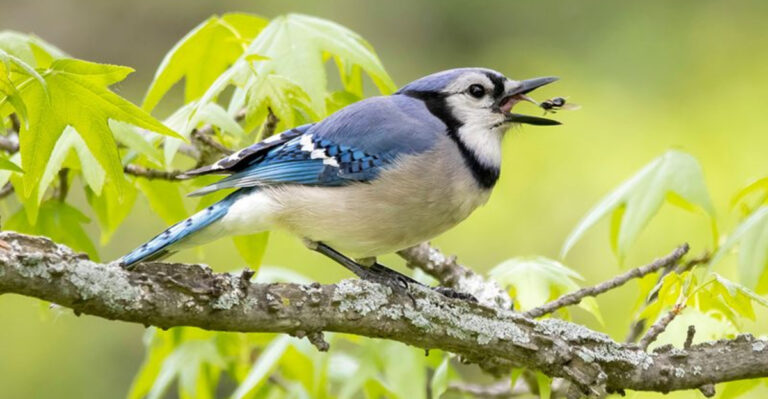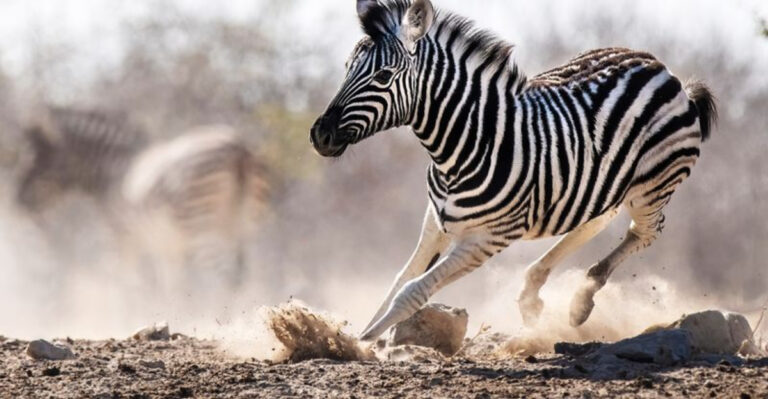15 Reasons Why Wolves Are The Most Incredible Pack Animals
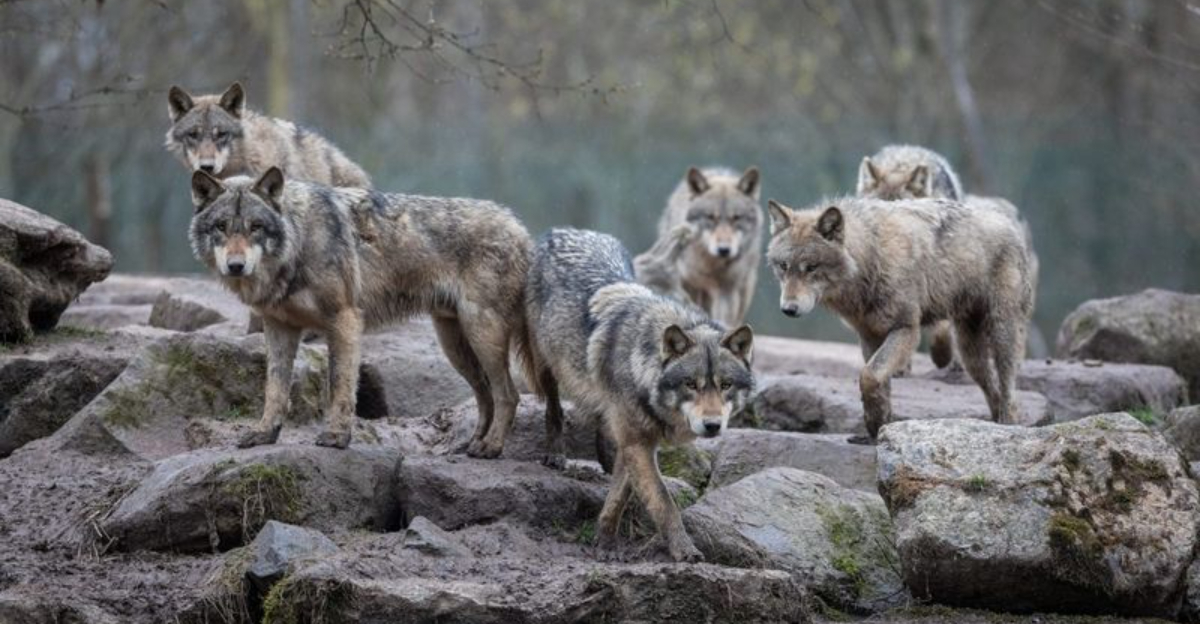
Did you know that wolves form packs not just for survival, but for social bonding and cooperation?
These magnificent creatures have a complex social structure that makes them one of the most fascinating animals in the wild. Let’s explore the various reasons why wolves are truly the most incredible pack animals.
1. Loyalty And Cooperation
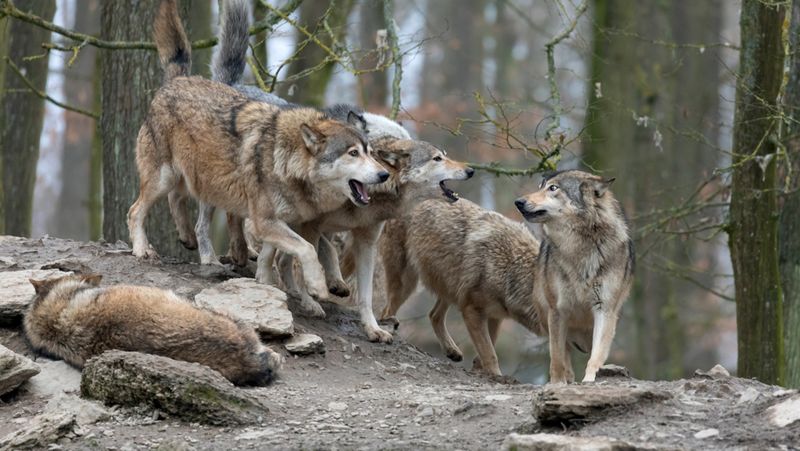
Wolves are the epitome of loyalty. They hunt together, raise pups collectively, and support one another in hard times. This cooperation is their superpower, allowing them to thrive where others might fail.
It’s like a tightly knit family, where every member is crucial. Through shared duties and responsibilities, wolves show us what true teamwork looks like.
2. Hierarchical Social Structure
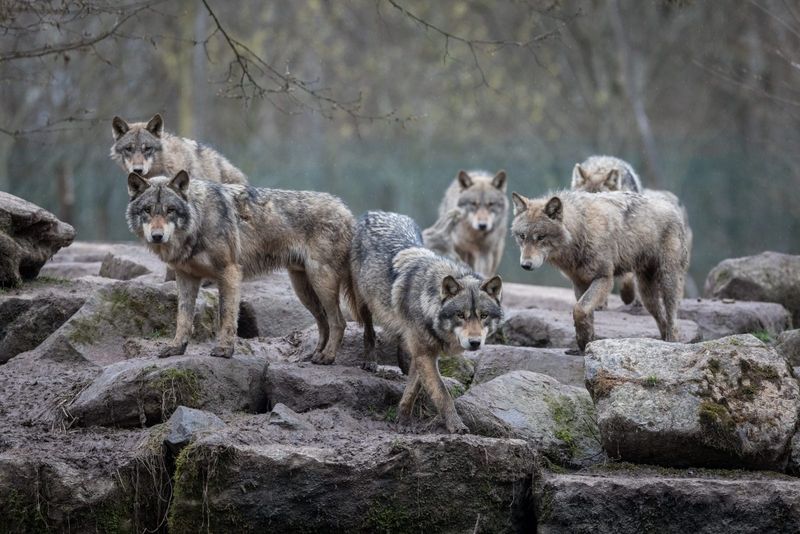
In the wolf world, hierarchy is not just a concept; it’s a way of life. Each pack is led by an alpha pair that makes key decisions. This structure ensures order and harmony.
Unlike chaos, every member knows their role. This organized society is one reason wolves are so successful in the wild. It’s a family built on respect and understanding, where each howl and gesture has meaning.
3. Communication Skills
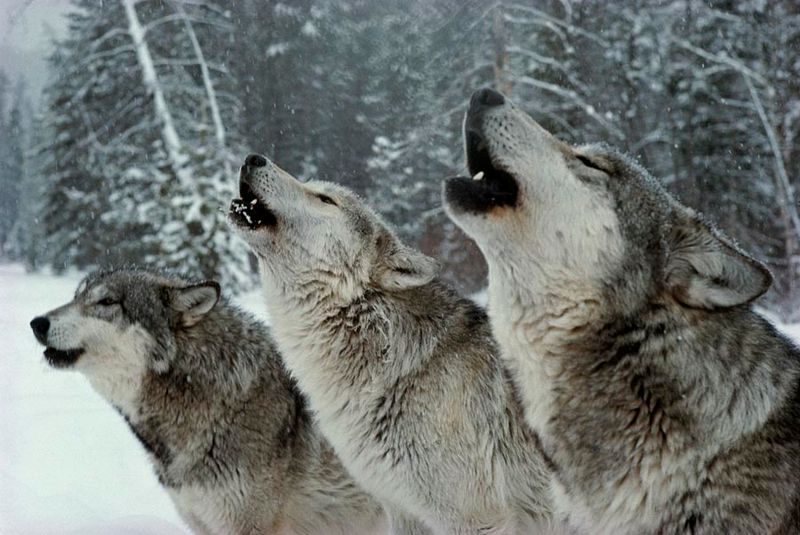
When wolves communicate, it’s a symphony of sounds. From howls to growls, each vocalization serves a purpose. They can convey everything from location to emotions.
This ability to communicate effectively helps them coordinate hunts and alert each other of danger. It’s like having a language of their own, sophisticated and nuanced, vital for their survival.
4. Strong Family Bonds
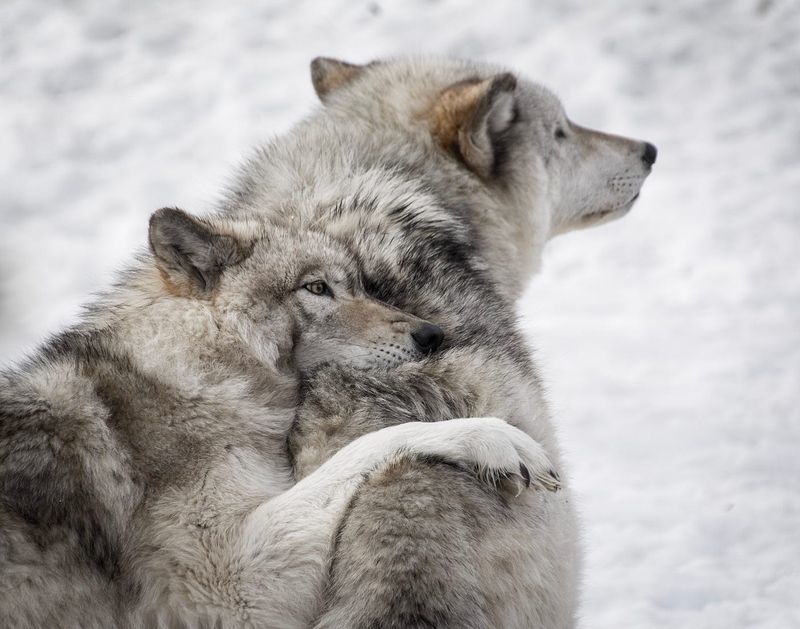
Family is at the heart of a wolf pack. Bonds are forged through shared experiences and mutual care. They play together, groom each other, and show affection in ways that melt the heart.
This closeness ensures the pack’s survival and success. It’s a reminder that love and connection are as important in the wild as they are in our lives.
5. Adaptability In Harsh Environments
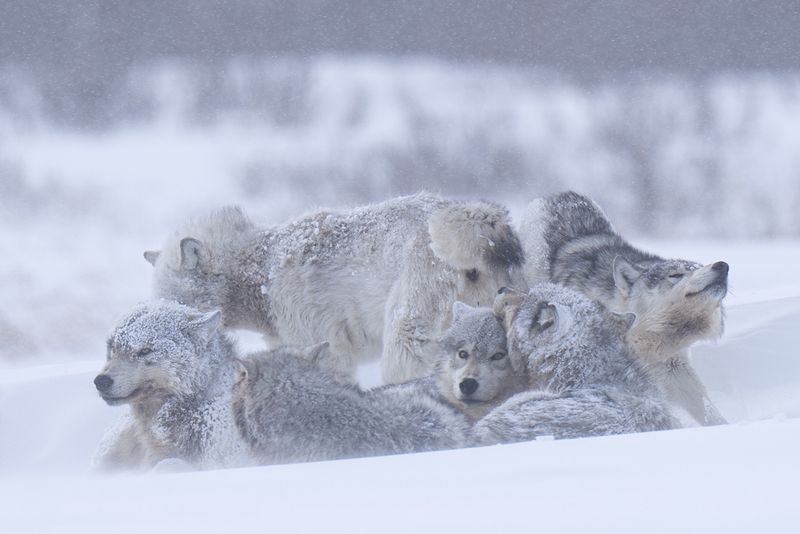
Wolves are masters of adaptation. Whether it’s the icy tundra or dense forests, they find ways to survive. Their thick fur protects them against the cold, and their keen sense of smell helps them locate food.
This resilience in diverse habitats makes them remarkable. It’s about using what they have to thrive where others might falter.
6. Efficient Predators
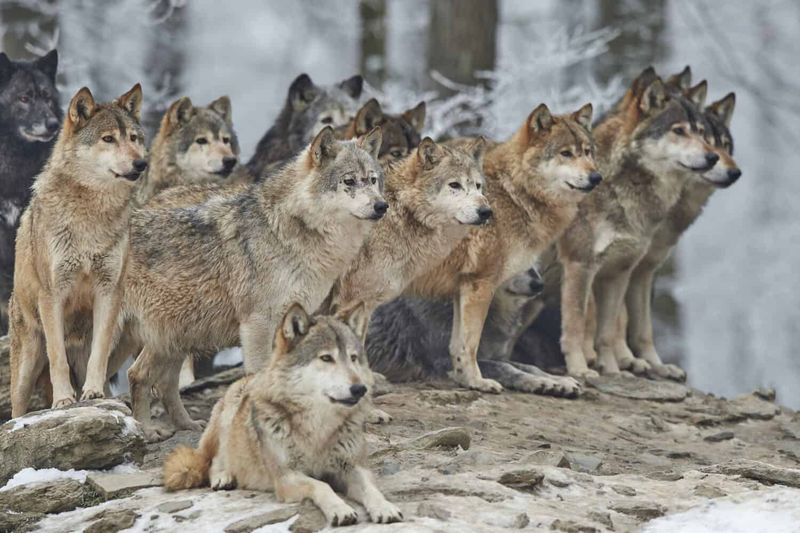
As predators, wolves are unmatched in their efficiency. They hunt with precision and strategy, often working in groups to outwit prey.
Their ability to cover large distances and their patience in stalking make them formidable hunters. It’s a mix of skill, endurance, and cooperation that allows them to succeed in the wild.
7. Incredible Endurance
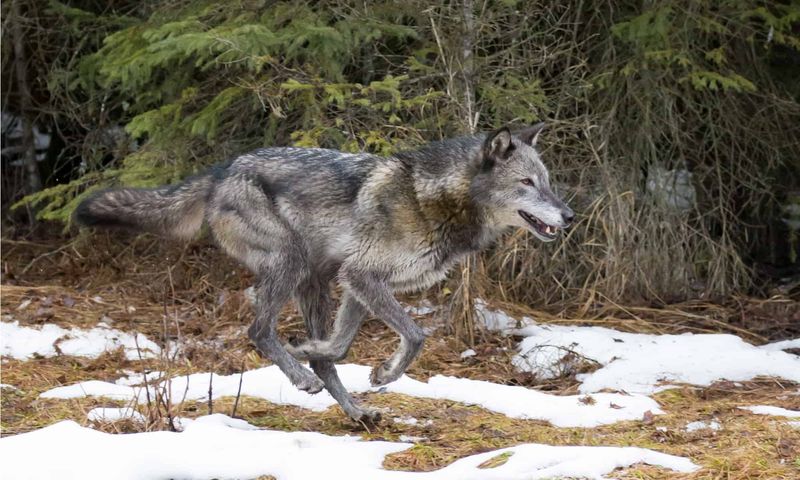
Ever wonder how wolves can traverse miles in search of food? It’s their incredible endurance that allows them to roam vast territories.
They can run for extended periods without tiring, a trait that aids in both hunting and migration. This stamina is part of what makes them such effective predators. It’s nature’s way of equipping them for survival.
8. Keen Senses
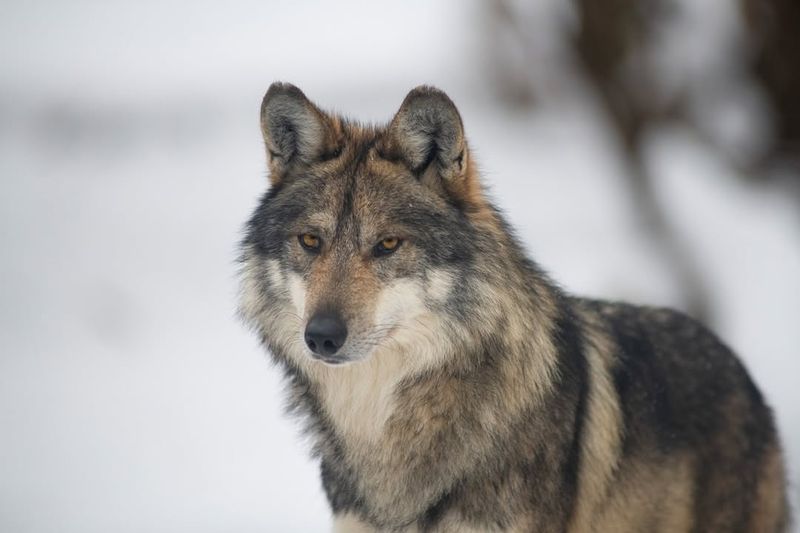
Wolves have a sensory toolkit that’s nothing short of amazing. Their eyesight is keen, hearing sharp, and sense of smell extraordinary.
These senses help them detect prey, avoid danger, and communicate with the pack. It’s like having a sixth sense, finely tuned to the wilderness. This sensory prowess is crucial for their daily survival.
9. Rich Cultural Symbolism
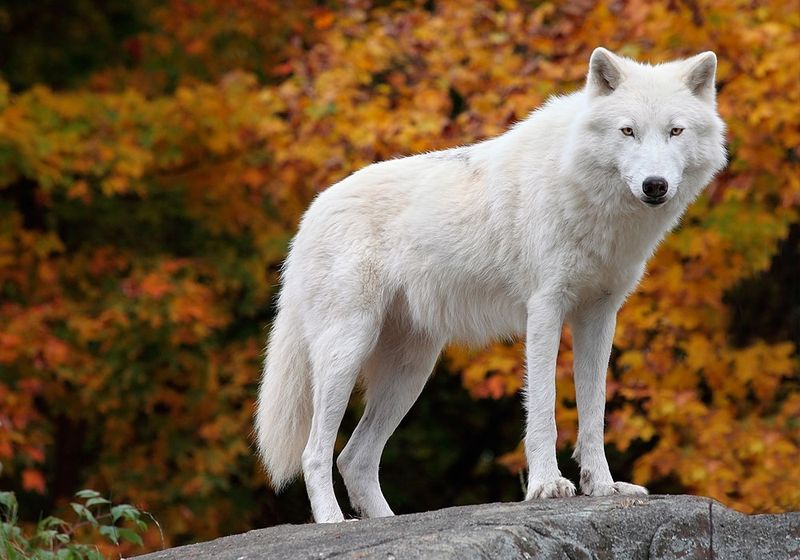
Across cultures, wolves have been symbols of power, freedom, and mystery. From mythology to art, they captivate human imagination.
These cultural narratives enrich our understanding of wolves and highlight their significance beyond the wild. They are creatures of legend and lore, intertwined with human history. Their symbolism adds depth to their existence.
10. Successful Reintroduction Programs
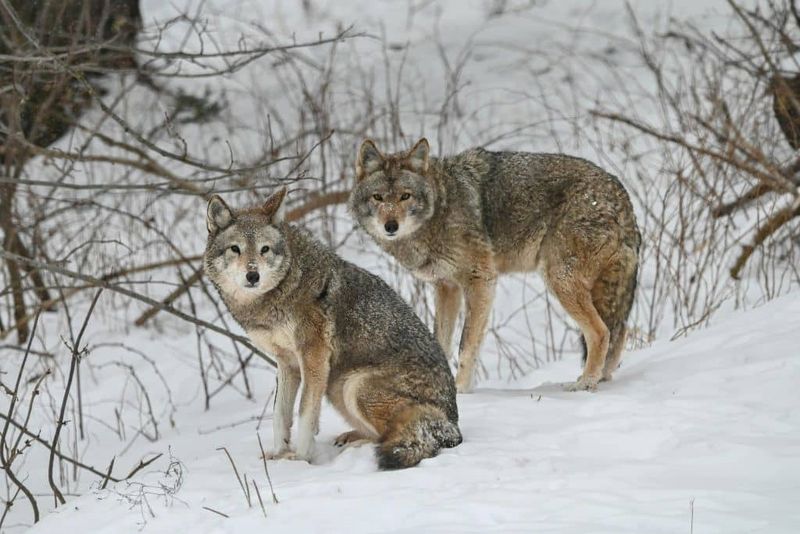
Conservationists have worked tirelessly to reintroduce wolves to habitats where they once roamed. These programs have seen great success, helping balance ecosystems.
Wolves play a crucial role in maintaining ecological harmony. Their return is a triumph of conservation and a testament to their resilience. They remind us of nature’s delicate balance and our role in preserving it.
11. Intelligent Problem Solvers
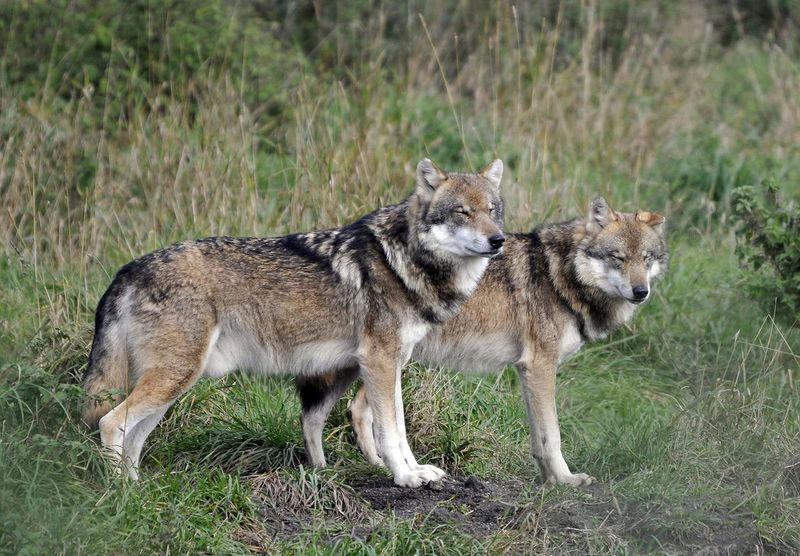
Wolves are more than just instinctual hunters; they are intelligent problem solvers. They exhibit behaviors that demonstrate planning and innovation when faced with challenges.
Whether it’s finding new hunting grounds or escaping danger, their cleverness is evident. This intelligence is a testament to their adaptability and survival skills in the wild.
12. Playful Nature
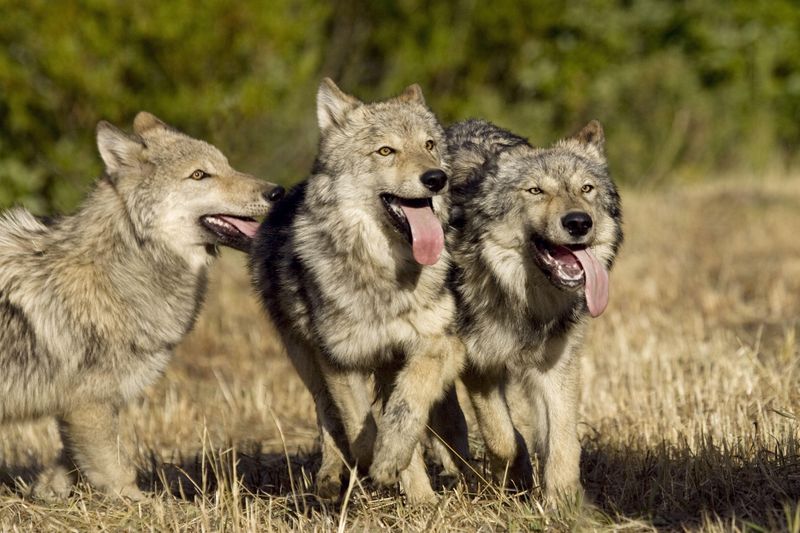
Beneath their fierce exterior, wolves have a playful side. They engage in games and playful antics, strengthening social bonds and honing survival skills.
This playfulness is crucial for young wolves learning to hunt. It’s a joyful part of their lives that fosters community spirit. It’s a reminder that even in the wild, joy and play have their place.
13. Role As Ecosystem Engineers
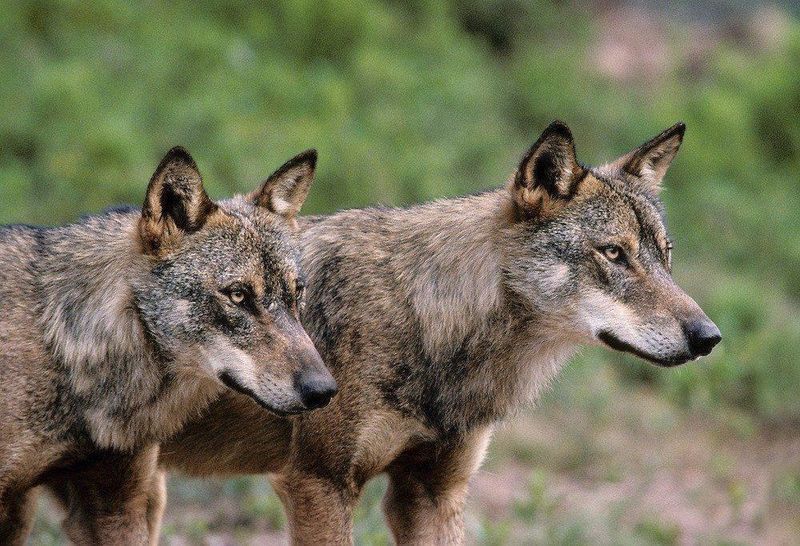
Wolves have a profound impact on their environment, earning them the title of ecosystem engineers. By controlling prey populations, they help maintain a balanced ecosystem.
Their presence affects the behavior of other species, influencing vegetation growth and river dynamics. It’s a domino effect that showcases their vital role in nature’s balance.
14. Mysterious Night Dwellers
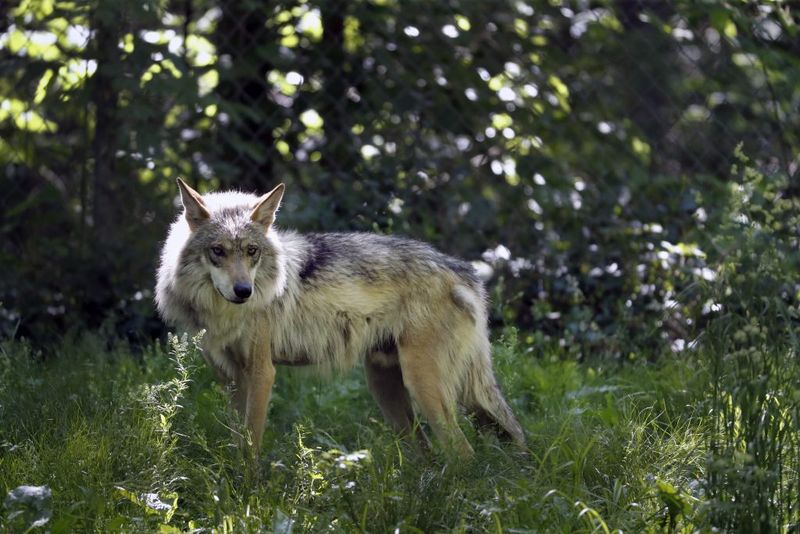
When the sun sets, wolves embrace the night. Their nocturnal activities add to their aura of mystery. They hunt, communicate, and patrol their territory under the cover of darkness.
This night-time behavior is crucial for their survival, allowing them to avoid competition and catch unsuspecting prey. It’s a world of stealth and shadows.
15. Guardians Of The Wilderness
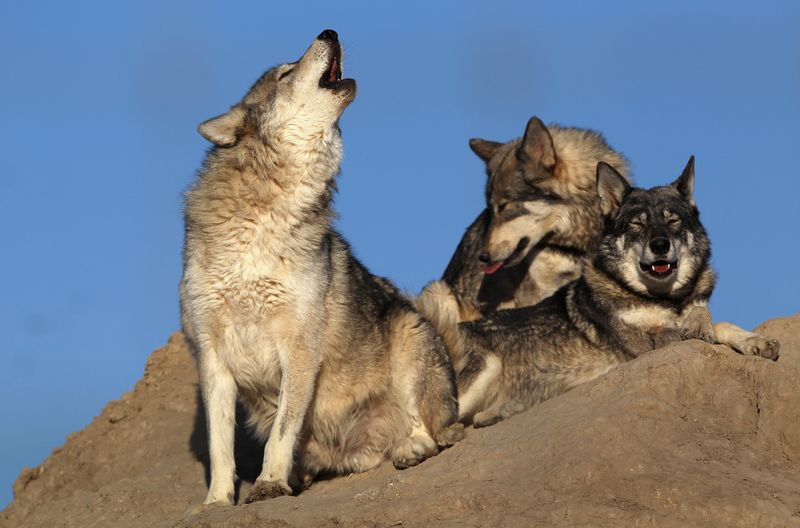
Wolves are the guardians of the wilderness, fiercely protective of their territory. They patrol and defend their home with vigilance. This protective nature ensures the pack’s safety and stability.
It’s a role that highlights their leadership and dedication. In the vast expanse of the wild, wolves stand as the custodians of their domain.



